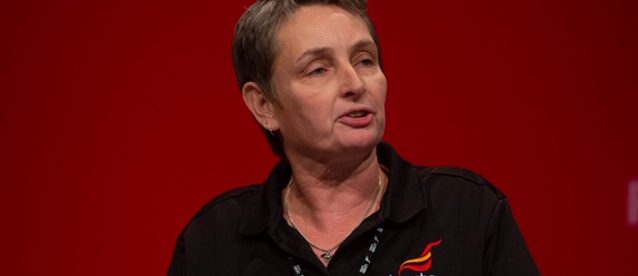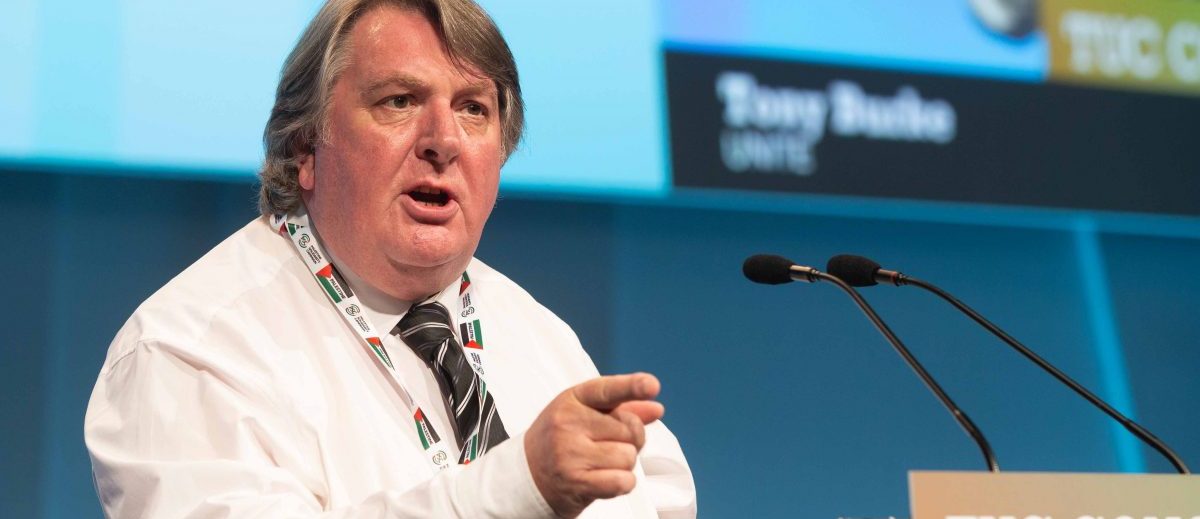Osborne’s fire sale only the first
As chancellor George Osborne rushed through the sale of £2.1bn in RBS shares on Monday night (August 3) – at a massive loss to the taxpayer – a new analysis shows that this most recent fire-sale of a public asset is only the beginning in the government’s privatise-at-all-costs regime.
Once the planned sale of stakes in other taxpayer-owned assets goes through, including the Royal Mail, RBS, Lloyd’s and others, the chancellor will have raised more money from sell-offs in one year alone than previous governments have raised in the past two decades combined.
The Press Association analysis found that government sales planned for this year will amount to ÂŁ31.8bn, while the money generated from disposal of public assets since 1993 amounts to ÂŁ31.7bn.
The previous 12-month record was £22.5bn in today’s money, set in 1991, after the sell-off of government stakes in BT, National Power, PowerGen and regional electricity companies in Scotland.
The chancellor’s programme is already poised to eclipse the Thatcher-era privatisation boom.
Chancellor Nigel Lawson raised the most money out of any chancellor, raising roughly ÂŁ73bn in seven years between 1983 and 1989. To put this into context, Osborne is almost half way to achieving this seven-year record in 12 months alone.
Unite general secretary Len McCluskey condemned Osborne’s irresponsible, politically motivated fire-sales that will cheat taxpayers out of billions.
“What we are seeing is the sale of the century of public assets by a chancellor hell-bent in rewarding the Tory party’s friends in the City in a spectacularly lavish style,” McCluskey noted.
“These are public assets belonging to the taxpayer, held in trust for the future for the benefit of the many, not for the financial gain of a rich City elite,” he added.
Monday night’s most recent flotation of RBS shares show just how much this City elite stands to gain – 60 per cent of the shares were snapped up by hedge funds.
According to the Financial Times, hedge funds also made a “fast buck” by betting against RBS shares shortly before the government started selling them, in a technique called short selling.
This involves, as the FT explained, “borrowing a stock to bet it will fall in value, between the bank’s interim results on Thursday and on Monday evening”.
“Short selling tends to exacerbate any price fall. If this resulted in a lower placing price by the government, as looks likely, it would mean that traders benefited at the taxpayer’s expense,” the FT highlighted.
McCluskey called Osborne’s actions “utterly irresponsible and inconsistent”.
“On the one hand he announces £12bn of cuts, the pain of which will be felt by the most vulnerable, on the other he rushes through the RBS sale and in the process loses out on a £14bn return to taxpayers,” he said.
“This is money that could have been spent on infrastructure investment, education and health for the benefit of all,” McCluskey added.
“Osborne is behaving in his best Bullingdon Boy manner, but now he is using the nation’s economy as his own personal casino.
“It was a former Tory prime minister, Harold MacmiIllan who warned the Thatcher government about â€selling off the family silver’. What we are seeing now is the knock-down sale of the family home and its foundations revealing this government’s complete contempt for the common good.”
The Press Association analysis also found that:
The figure of ÂŁ31.8 billion for 2015/16 is roughly one fifth of the total amount raised by all privatisations from 1979 to 2014 (ÂŁ151 billion).
The sale of the government’s remaining shares in Lloyds, estimated to bring in ÂŁ12.9 billion this year, would be the single biggest privatisation since the sale of British Gas in 1986, which raised ÂŁ20.3 billion.
During the Labour governments of 1997-2010, only ÂŁ6.4 billion of public assets were sold, including National Air Traffic Services in 2001 and British Nuclear Fuels Limited from 2006 to 2009.
 Like
Like Follow
Follow

